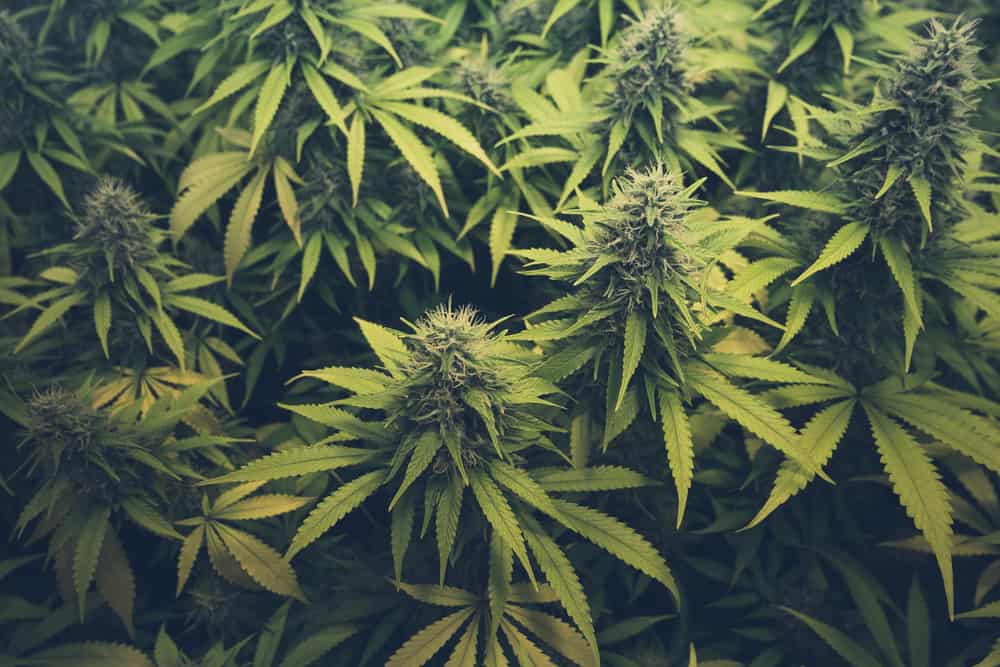
This well-known narcotic plant is an annual herb that grows up to four metres in height. It’s originated from Central Asia and spread all over the world. Xhosa people calls it Umya, Intsango, Icuba laBathwa and the
legendary Reggae group the Culture calls it International Herb through a song. Some of the lyrics goes
like this:
Its good for meditation man (the international herb)
And it was way from creation man (the international herb)
Even the doctors knows about it too (the international herb)
Scientists they knows about it man (the international herb)
Take a draw and don't you doubt it man (the international herb)
For if you go to Africa you will see it man (the international herb)
Run up by Englan’ and you will see it man (the international herb)
A Brief History of Cannabis
Cannabis is the plant on the planet that yields both a drug and useful fiber it’s no surprise it has been
used for thousands of years. A Chinese treatise on pharmacology attributed to the Emperor Shen Nung
and alleged to date from 2737 B.C. contains probably the earliest reference to cannabis and its potential
as a medicine. Other early references to cannabis come from India in the Atharva Vedafrom the second
millennium B.C. and from tablets from Royal Library of Ashurbanipal, an Assyrian King, who live around
650 B.C.
The ancient Greeks used alcohol rather than cannabis as a recreational drug but traded with cannabis
eating and inhaling people. Hence some of the references in Homer may be to cannabis including
his references to the drug which Helen brought to Troy from Egyptian Thebes. Certainly, Herodotus
was referring to cannabis when he wrote in 5 B.C. that the Scythians cultivated a plant that grew like flax
but grew and taller; this hemp they deposited upon red-hot stones in a close rooms producing a vapour.
Herodotus noted, “that no Grecian vapour-bath can surpass. The Scythians, transported by the vapour,
shout aloud”.
Herodotus also described people living on islands who “meet together in companies” throw cannabis on
a fire, then “sit around in a circle; and by inhaling the fruit that has been thrown on, they become
intoxicated by the odour, just as the Greeks do by wine; and more fruit thrown on, the more intoxicated
they become, until they rise up and dance and betake themselves to singing. “Other passages from
Pliny, Marco Polo, Abu Mansur Muwaffaq and The Arabian Nights show that cannabis was cultivated
both for its fibre and for its psychoactive properties throughout Asia and the Near East from the earliest
known times. http://www.ukcia.org/culture/history/index.php
Cannabis in Africa
The use of a cannabis also spread quite early to Africa, many years before Europeans landed on the continent. A report in 1916 noted that South African mine workers were encouraged to smoke because “after a smoke the native work hard and show very little fatigue”. The usual mine practice was to allow three smokes resembling coffee brakes a day. Further north the lives of some tribes in the Congo Centre on Cannabis, which is cultivated, smoked regularly and venerated. Whenever the tribe travels it takes
The Riamba (huge calabash pipe more than yard in diameter) with it. Any man committing a misdeed is
condemned to smoke until he passes out. http://www.ukcia.org/culture/history/index.php
Active Ingredients
More than 90 chemical compounds have been described in Cannabis, of which the so called
cannabinoids (phenolic terpenoids) are the most interesting. These compounds are absent from the
seeds and stems, but occur in the leaves and particularly in the bracts and the resin. The
tetrahydrocannabinols, particularly Δ 9 -THC and Δ 1 -THC are the main psychotropic substances.
Pharmacological Effects
Despite the low toxicity, THC has powerful effects on the central nervous system, including euphoria,
relaxation, loss of coordination, slow speech and, with chronic use, a loss of motivation. THC is a
bronchodilator, induces hypotension and decreases intra-ocular pressure.
References
Van Wyk, B.E., van Oudtshoorn, B., Gericke, N. Medicinal Plants of South Africa. Briza Publications,
Pretoria.


